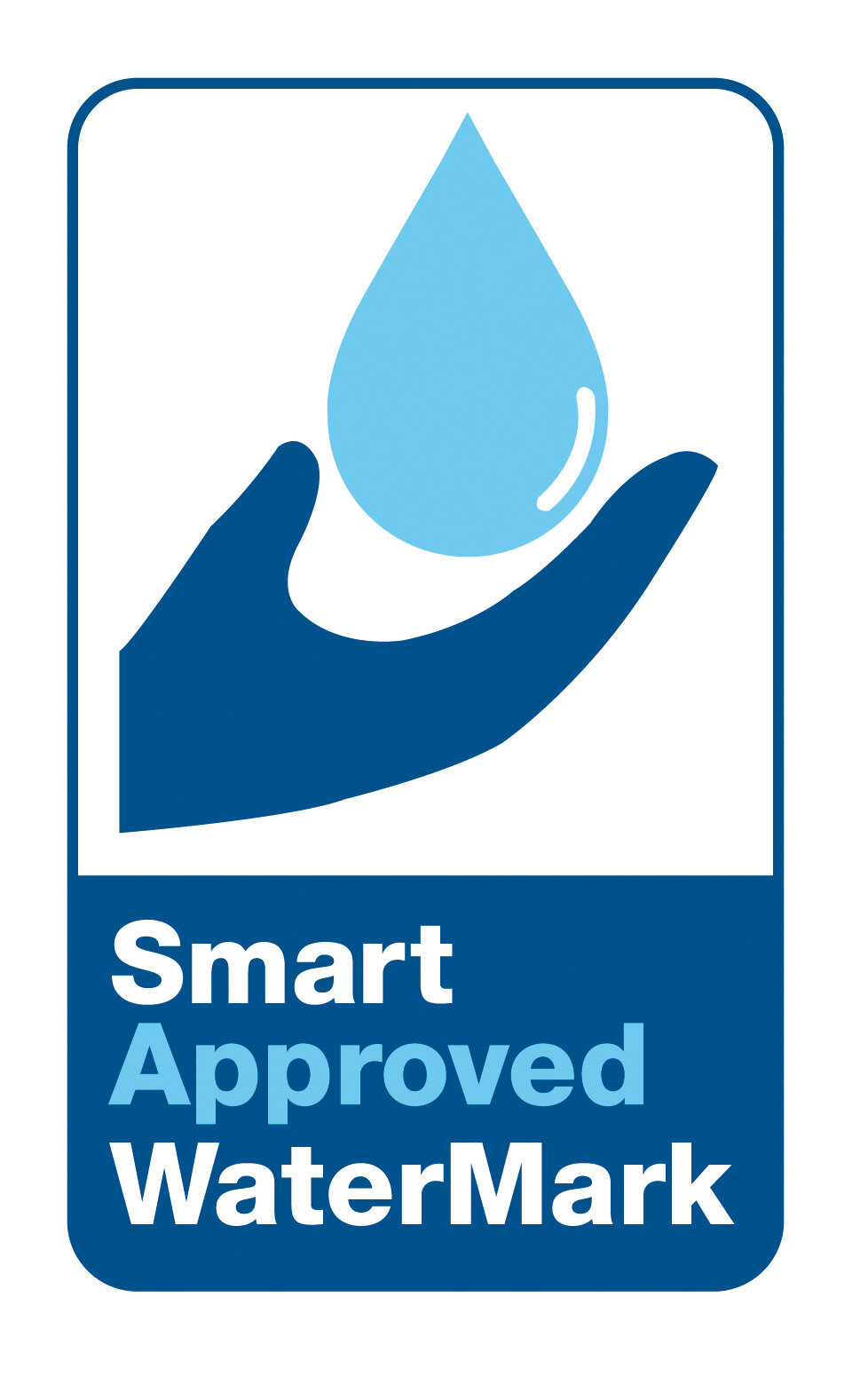Does any of this sound familiar?
You just walked into a public restroom, right behind someone else. Instead of going directly to an available toilet or urinal, you wash your hands or fix your hair until that person leaves.
Two men walk into a public restroom. They work together and know each other well. While they converse freely in the office, all conversation ceases – there’s dead silence – as soon as they get into the restroom.
You’re in a public restroom with several other people. You sit on a toilet or stand to use the urinal but can’t do anything. You wait until someone flushes a toilet, and then, for at least 30 seconds, you are comfortable doing your business.
If you can relate to any of these scenarios, you may have an anxiety disorder called paruresis, also known as pee shyness. It’s even classified by the American Psychiatric Association. The association considers it a type of performance anxiety that only happens in public restrooms. Further, it happens to nearly all of us at one time or another, in varying degrees.
Oprah Winfrey shared her experience with paruresis in 2004. That year she served on a jury in Chicago. The trial was anticipated to last only a few days, and she thought it would be a valuable experience. However, an unexpected problem surfaced. The jury room had its own restroom. When it was used, those in the jury room could hear what their fellow juror was doing in the restroom.
Aware of this, when Oprah had to use the restroom, she had complete performance anxiety. She could not go to the bathroom. She asked the judge if she could use another restroom somewhere else in the building but was denied.
Finally, she came up with a solution. Before using the bathroom, she asked her fellow jurors to sing “Kumbaya,” and they were not to stop singing until she got back into the jury room. Soon other jurors requested the same. “Kumbaya” was sung in that jury room an estimated fifteen times a day during the five-day trial.
OK, so now we know paruresis is a real thing that happens to real people. But did you know there is an International Paruresis Association?
Sure is. It was started by a gentleman at the University of Memphis. He says about 20 million people in the United States suffer from paruresis to some degree. While some people may have extreme paruresis, making it impossible for them to use a public restroom if someone is in it, most other sufferers have it to a lesser degree – feeling occasionally uncomfortable to mildly uncomfortable.
So why do some of us have paruresis? There are a few possible reasons:
Some experts say we have performance problems due to a complex psychological stew of shame and self-awareness. Often, we learn this at an early age.
There are no social boundaries in public restrooms. For instance, most restrooms in the U.S. do not have stalls around urinals or stalls and dividers for toilets that go from floor to ceiling. In Europe, toilets are often totally enclosed, similar to a private room. That’s why more Americans have paruresis compared to Europeans.
For women, the affliction often sets in because they are concerned about the cleanliness of public restrooms. No matter how clean it may be, they worry about germs.
For men, the problem sets in because they are worried other men will break the cardinal rules of using a urinal: look straight ahead, don’t look at anyone else, don’t talk, and leave as soon as possible.
So, what can we do about this?
If someone has extreme paruresis, talk therapy is often recommended.
For mild to occasional paruresis, it is suggested, especially in the workplace or at school, that we accept the fact that we have this affliction. Sometimes recognizing it is the first step in eliminating it.
For the rest of us, we may have to just hold it until we find a restroom that provides the privacy we need when we need to go.
Waterless Co., Inc: Pioneers in Advancing Water Efficiency
Klaus Reichardt is CEO and founder of Waterless Co, Inc, Vista, Calif. Reichardt founded the company in 1991 with the goal of establishing a new market segment in the plumbing fixture industry with water efficiency in mind. Reichardt is a frequent writer and presenter, discussing water conservation issues. He can be reached at klaus@waterless.com.










